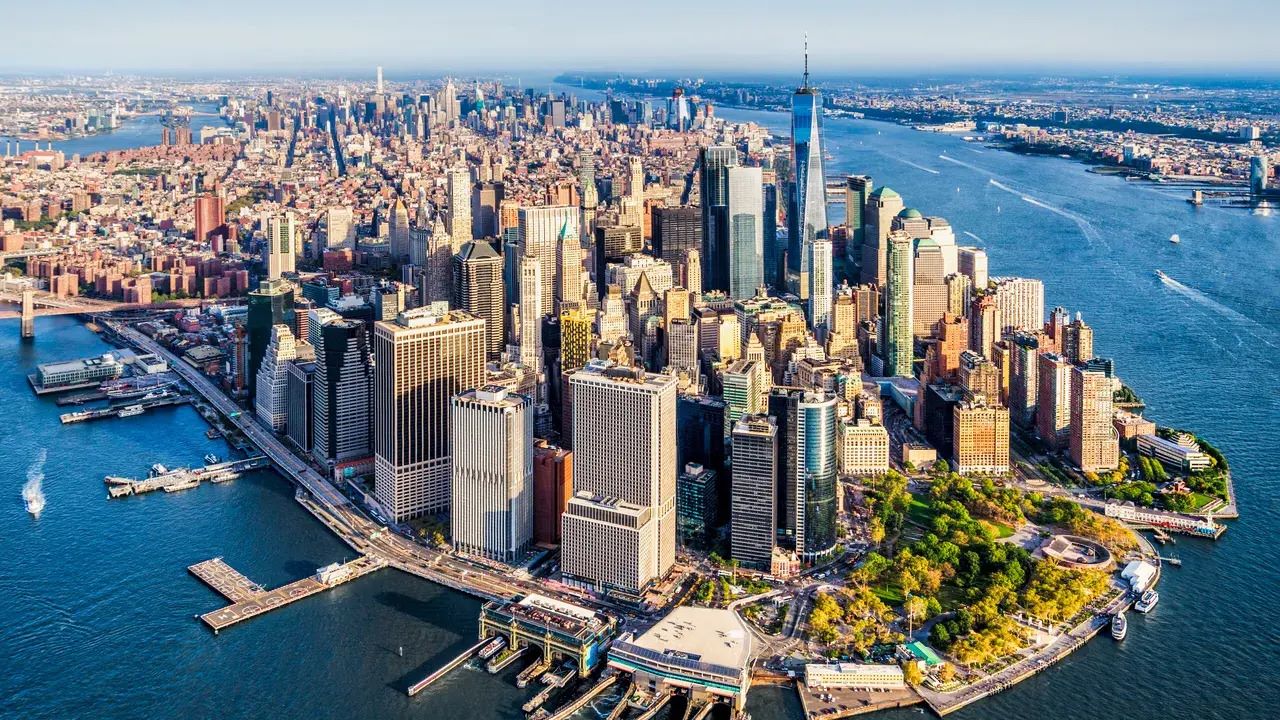The Fascinating Story Behind New York City’s Nickname ‘The Big Apple’

Ever wondered why New York City is called The Big Apple? This nickname has a rich history that dates back to the 1920s. It all started with horse racing. Sports journalist John J. Fitz Gerald heard stable hands in New Orleans refer to New York's racetracks as "The Big Apple." The term caught on, and Fitz Gerald began using it in his columns. Over time, jazz musicians in the 1930s adopted the phrase to signify making it big in the city. By the 1970s, a tourism campaign cemented The Big Apple as New York City's famous nickname. Curious to learn more? Let's dive in!
The Origin of 'The Big Apple'
New York City, often referred to as 'The Big Apple,' has a nickname that sparks curiosity. How did this bustling metropolis earn such a fruity moniker? Let's dive into the history and uncover the story behind it.
Early References
The term 'The Big Apple' wasn't always associated with New York City. Its journey to becoming the city's nickname is quite interesting.
1920s Horse Racing Circuits
In the 1920s, sports journalist John J. Fitz Gerald heard stable hands in New Orleans refer to New York City's horse racing tracks as 'The Big Apple.' They considered it the ultimate destination for horse racing, where the biggest prizes could be won.Fitz Gerald's Column
Fitz Gerald began using the term in his newspaper columns, bringing it to the public's attention. His column, titled 'Around the Big Apple,' popularized the phrase among readers.
Jazz Age Influence
The 1930s saw the nickname gain further traction, thanks to the vibrant jazz scene in New York City.
Jazz Musicians' Adoption
Jazz musicians started using 'The Big Apple' to describe New York City, symbolizing the city's prominence in the music world. It became a term of endearment and aspiration for many artists.Nightclubs and Venues
Famous nightclubs and music venues in Harlem, like the Cotton Club, embraced the nickname. It represented the city's cultural and musical significance during the Jazz Age.
Revival in the 1970s
The nickname experienced a resurgence in the 1970s, thanks to a clever marketing campaign.
Tourism Campaign
In the 1970s, New York City faced economic challenges and a declining image. The city launched a tourism campaign to revitalize its reputation, prominently featuring 'The Big Apple' as a symbol of hope and opportunity.NYC & Company
The city's official tourism organization, NYC & Company, played a crucial role in promoting the nickname. They used it in advertisements, brochures, and promotional materials to attract visitors.
Modern-Day Usage
Today, 'The Big Apple' is synonymous with New York City, recognized worldwide.
Cultural References
The nickname appears in movies, TV shows, books, and songs, cementing its place in popular culture. It's a term that evokes the city's energy, diversity, and allure.Tourist Souvenirs
Visitors to New York City can find 'Big Apple' souvenirs everywhere, from T-shirts to keychains. It has become an iconic representation of the city's spirit.
Conclusion
The journey of 'The Big Apple' from horse racing slang to a beloved nickname for New York City is a testament to the city's dynamic history. Each era added a layer of meaning, making it a symbol of ambition, culture, and resilience.
The Big Apple's Enduring Charm
New York City's nickname, The Big Apple, has a rich history that reflects its vibrant culture. From its early days in horse racing circles to its revival by a tourism campaign, the name has stuck. It symbolizes the city's allure, opportunities, and endless possibilities.
Understanding the nickname's origins adds depth to any visit to New York. It’s more than just a catchy phrase; it’s a nod to the city's dynamic past and present. Whether you're walking through Central Park, exploring Times Square, or enjoying a Broadway show, knowing why it's called The Big Apple makes the experience even sweeter.
Next time you hear someone refer to New York as The Big Apple, remember the journey of this iconic nickname. It’s a small piece of history that makes the city even more fascinating.

